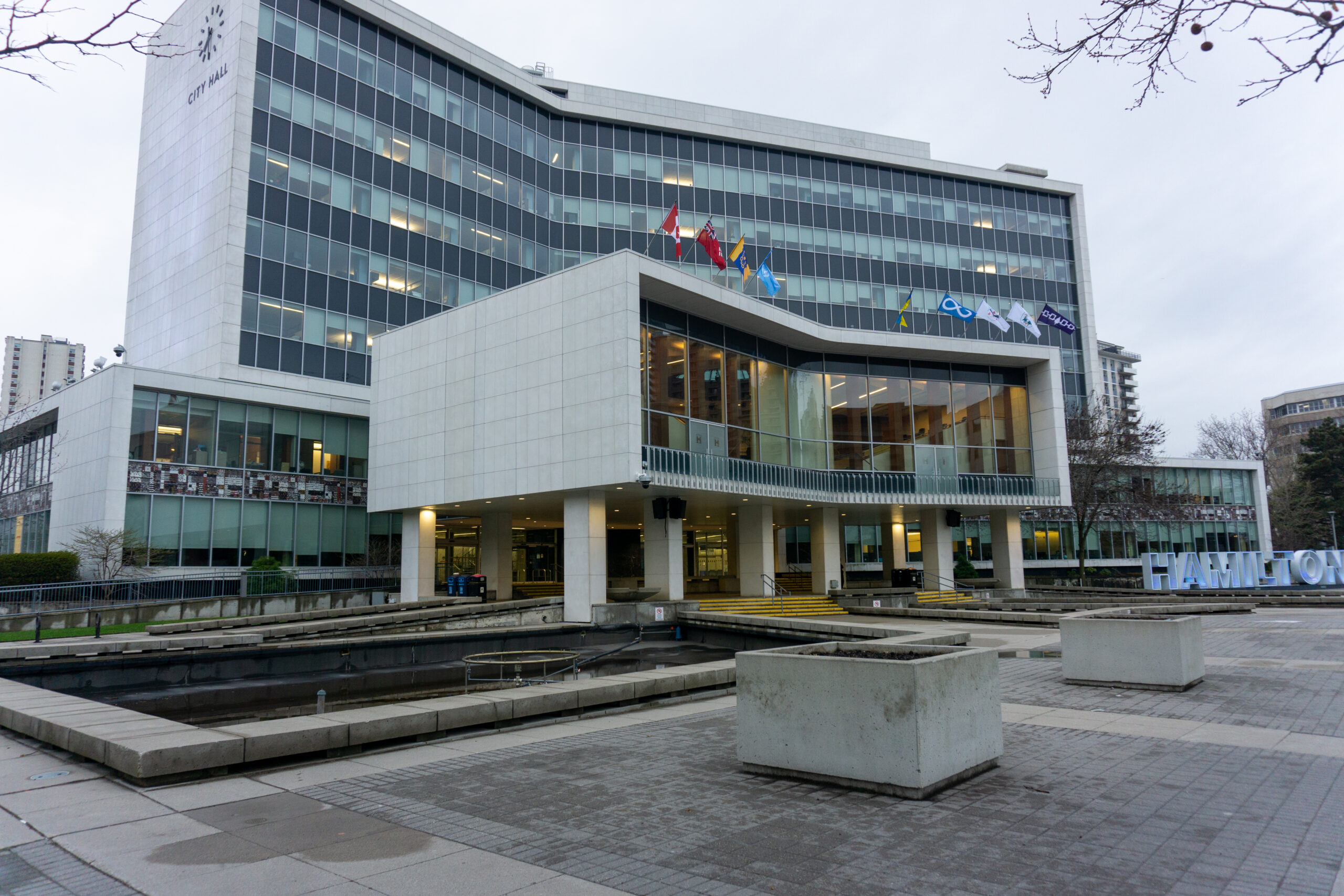Titan Recycling Inc.’s Freelton scrapyard is a legal, non-conforming land use.
In a ruling released in late February, Ontario’s Superior Court ruled that the 140 Freelton Road property has been used as a scrapyard continuously since at least 1955, making the continued use of the lands for a scrapyard legally non-conforming.
The ruling puts to rest a dispute between the City of Hamilton and Titan Recycling in which the City argued the salvage yard was not permitted under the current ‘S2 Settlement Commercial’ zoning.
The dispute was amicable, as these things go, with Titan agreeing to City conditions to operate while awaiting the court ruling.
Continuous Use as Scrapyard Proved
The dispute began in November 2021, when the City unexpectedly declared that the site had not operated as a scrapyard since 2007 and had lost its legal non-forming status.
On August 12, 2015, and December 13, 2018, the City of Hamilton issued zoning verification documents stating, “Building Division records indicate that the recognized use is an Automotive Salvage Yard and Automotive Sales which is legally established non-conforming provided that it has continuously existed since prior to November 5, 1990.”
Titan purchased the Freelton property in November 2020 from Park Model Living. Park Model was using the site to sell and scrap recreational motor vehicles and trailers.
Before closing the purchase, Titan’s due diligence included confirming the zoning status of the property.
On August 13, 2020, the City wrote, “Building Division records indicate that the recognized use is an automotive salvage yard with automobile sales which is legally established non-conforming provided that it has continuously existed since prior to November 5, 1990, until present.”
The Superior Court summarizes the City’s position as:
“On November 16, 2021, Titan received an email from Joseph Sanseverino, Zoning Correlator for Hamilton in which he purported to elaborate on the findings of the Zoning Compliance Review. He stated that until 2007 the Property was used as an automotive salvage yard with automotive sales. After 2007, the automotive salvage yard component ceased. He stated that the pre-2007 salvage activities were limited to automobiles to complement the automobile sales component of the land use. However, since 2007 the business carried on at the Property was Major Recreation Vehicle Sales and Service “with some degree of salvaging activities occurring on site, however, such a use was never permitted on the lands in the current or previous Zoning Bylaws…” He stated that the salvage operations which were carried on after 2007 were not a continuation of the previous automotive salvage yard because they were not limited to automobiles only. He concluded by stating that automotive salvage operations ceased in 2007 and that the intended Salvage Yard use by Titan would be considered a deviation in continuity from the previous automotive salvage yard.”
The Court ultimately decided the City’s 2020 statements, and issuing of a salvage license, established that – on the balance of probabilities – the site continously operated with automotive salvage.
Justice Gerald Taylor noted the City’s zoning bylaws contain no definition for an “automotive salvage yard.”
Emily Coe, the City’s Supervisor of Zoning, was singled out by the court for refusing to answer a question:
“[54] When asked if there was anything else Titan could have done to confirm the continued non-conforming use, Coe refused to answer.”
The City of Hamilton will have to pay legal costs to Titan Recycling.
Both sides have been given 45 days to reach agreement on costs. [If Titan and the City reach an agreement, the City can keep the payment secret from public disclosure.]
Production Details v. 1.0.0 Published: March 17, 2024 Last edited: March 17, 2024 Author: Joey Coleman Edit Record v. 1.0.0 original version


I live on Freelton road and can confirm that Titan is a major eye sore in the middle of our small community…. gates are left open daily and the temporary fence covering doesn’t cover the mess on the the other side of the fencing… since they are likely not moving, can the City or Province force them to put up a more permanent barrier between the Freelton community and their ugly business. At least help us to have them erect a more suitable barrier and perhaps that might also help to reduce the excessive noise of crushing metal each day….does anyone “out there” know how to help us??? Send someone around to at least take pictures or reply to me and I can send pictures. Our small community should not have to tolerate such an unsightly view from our streets and homes.
While I do not live in Freelton …… I certainly support Ed Weins comments.
That recycling yard should never have received a permit for such a noisy and unsightly footprint within the “hamlet” of Freelton.
Who is responsible for such an “error in judgment”?
I suppose it was a clerk that has never visited the site and lives in Hamilton.
Jack Arno (Burlington)